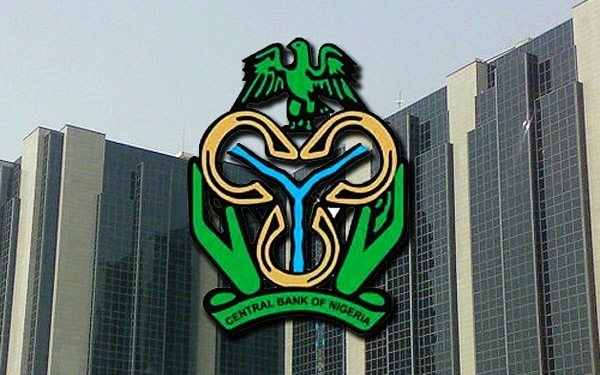According to the Monetary Policy Committee (MPC) of the Central Bank of Nigeria (CBN), Deposit Money Banks gave their clients 130,854 new credits totaling N947.46 billion in December 2022.
At the most recent committee meeting, Adeola Adenikinju, a member of the MPC, provided firsthand verification of this.
In addition, he stated that industrial assets increased by N14.36 trillion in 2022, while industrial credit increased by N5.14 trillion.
According to Adenikinju, the maximum loan rate has risen from 28.14 percent to 29.13 percent.
He said;
All measures of industry aggregates: assets, deposits, and credit rose year-on-year. Total assets of the banking industry grew by N14.36tn between the end of December 2021 and 2022. Similarly, industry credit increased by N5.14tn over the same period.
In addition, total industry deposits rose by N7.08tn between end-December 2021 and 2022. In December 2022, a total of 130,854 new credits valued at N947.46bn were granted to various customers.
Interest rate spread month-on-month widened to 23.42 percent in December 2022, as the maximum lending rate increased from 28.14 percent to 29.13 percent and average savings rate rose from 3.93 percent to 4.13 percent between November and December 2022, respectively.
In December of last year, there was approximately N2.57 trillion in cash on the streets before the CBN decided to redesign the naira notes.
According to the most recent data on the CBN website’s Money and Credit Statistics page, this figure will fall to N788.92 billion in January 2023.
According to current data, this decreased by 69.26% between December 2022 and January 2023.
As a result, the Central Bank of Nigeria was able to recover N1.78 trillion from money stashed outside of banks.
The study also found that in January 2023, there was N1.62 trillion, or 53.82 percent, less money in circulation than in December, when there was N3.01 trillion in circulation.








Discussion about this post